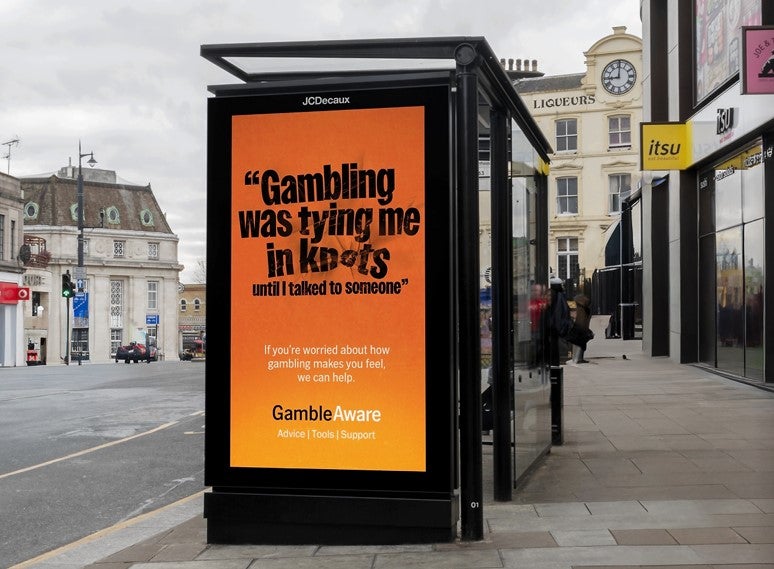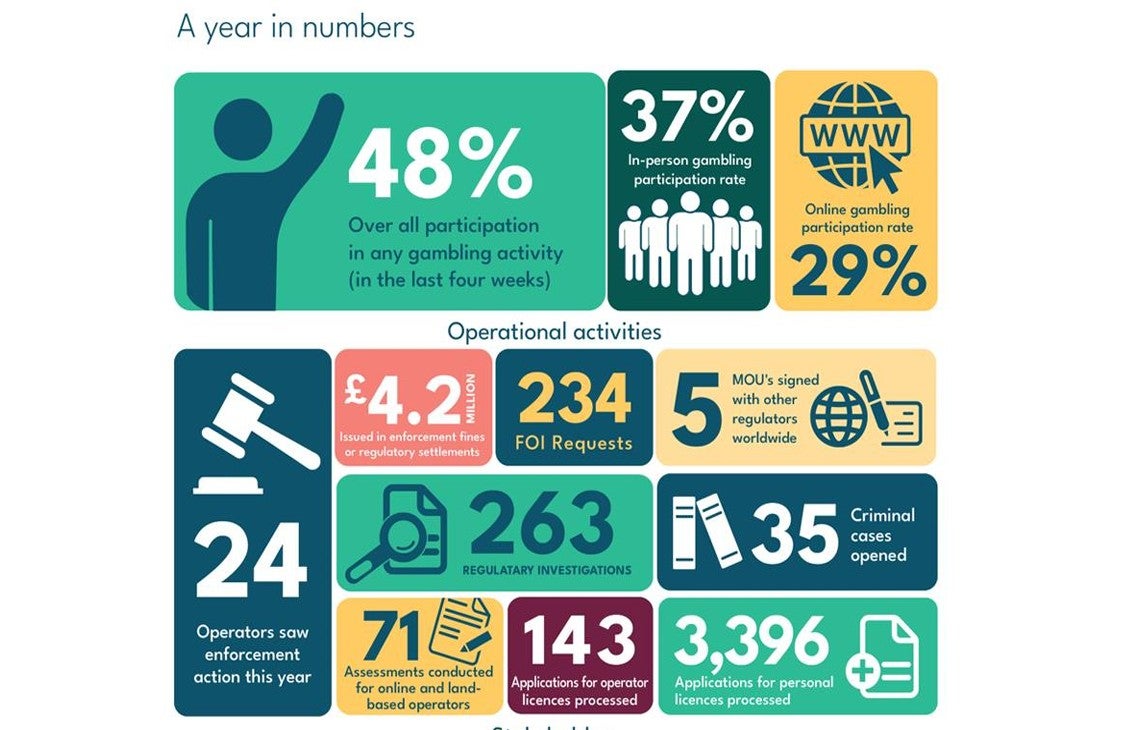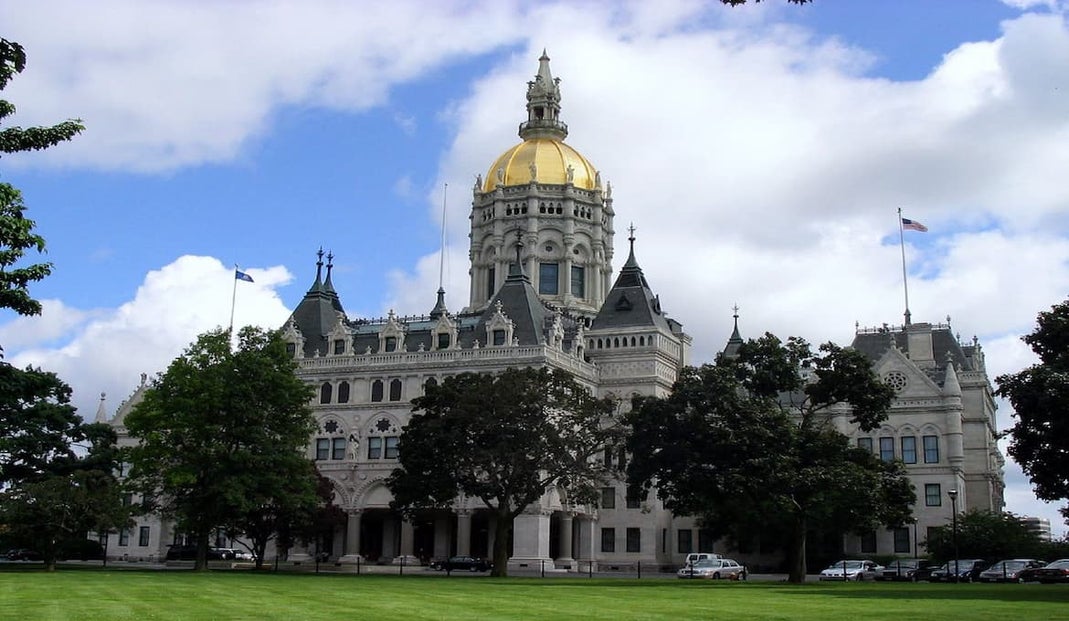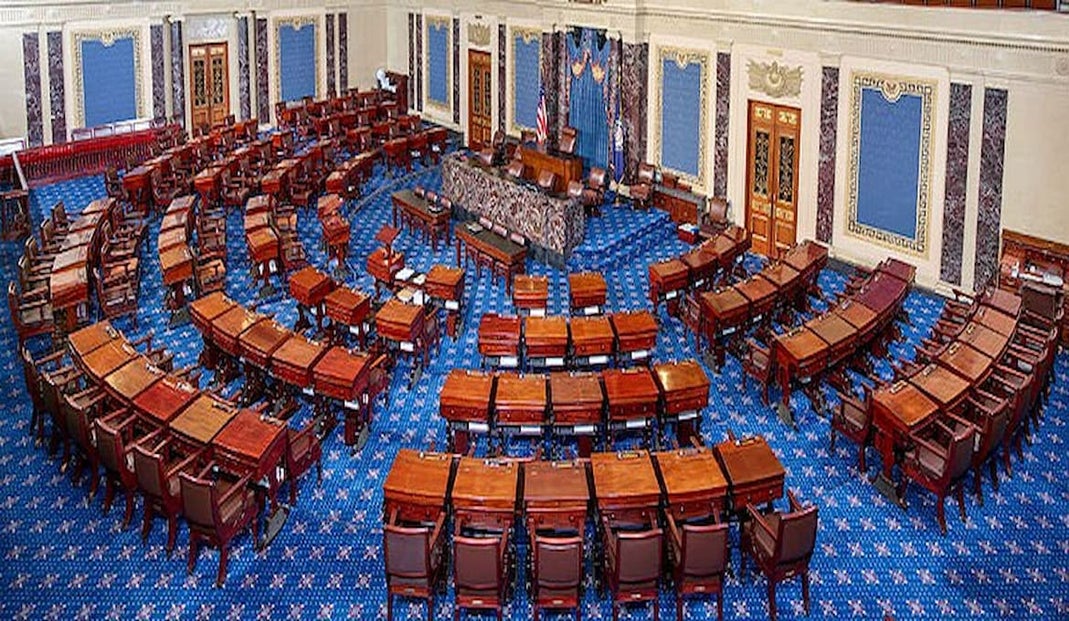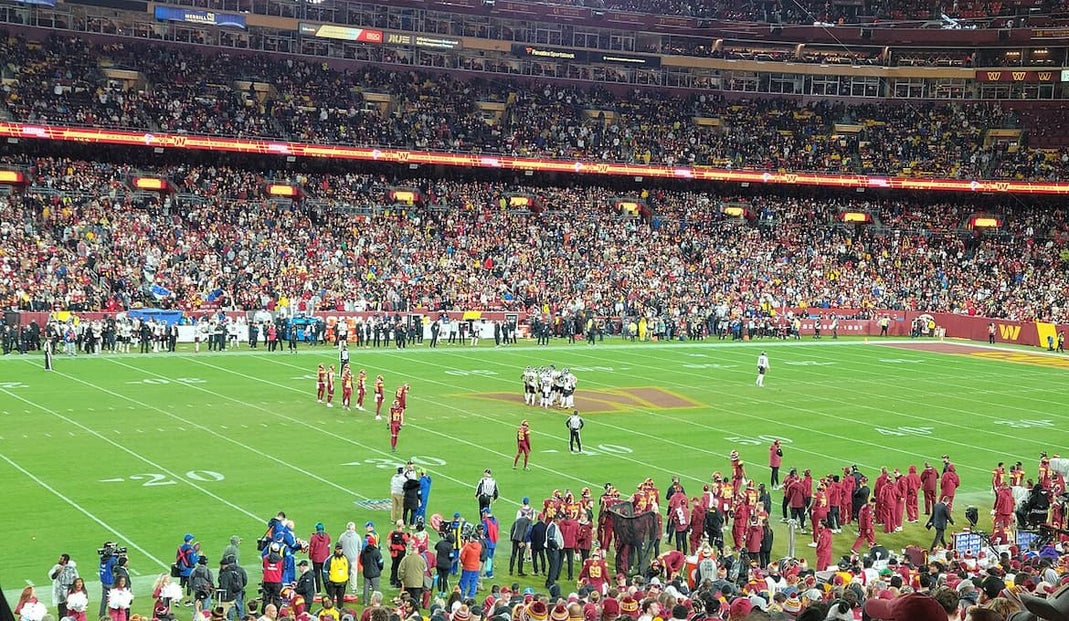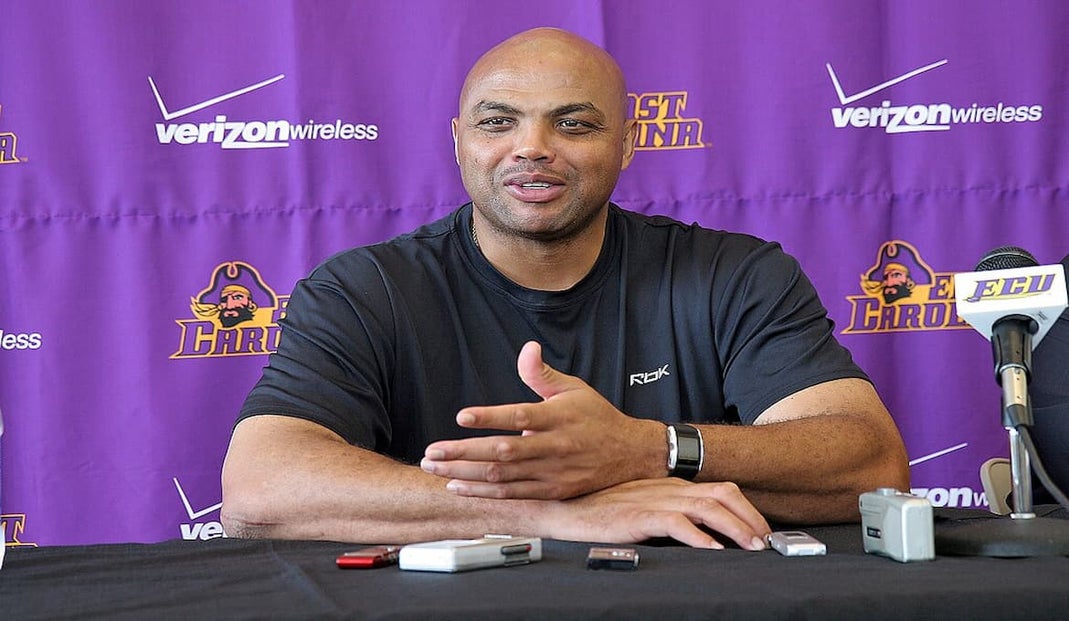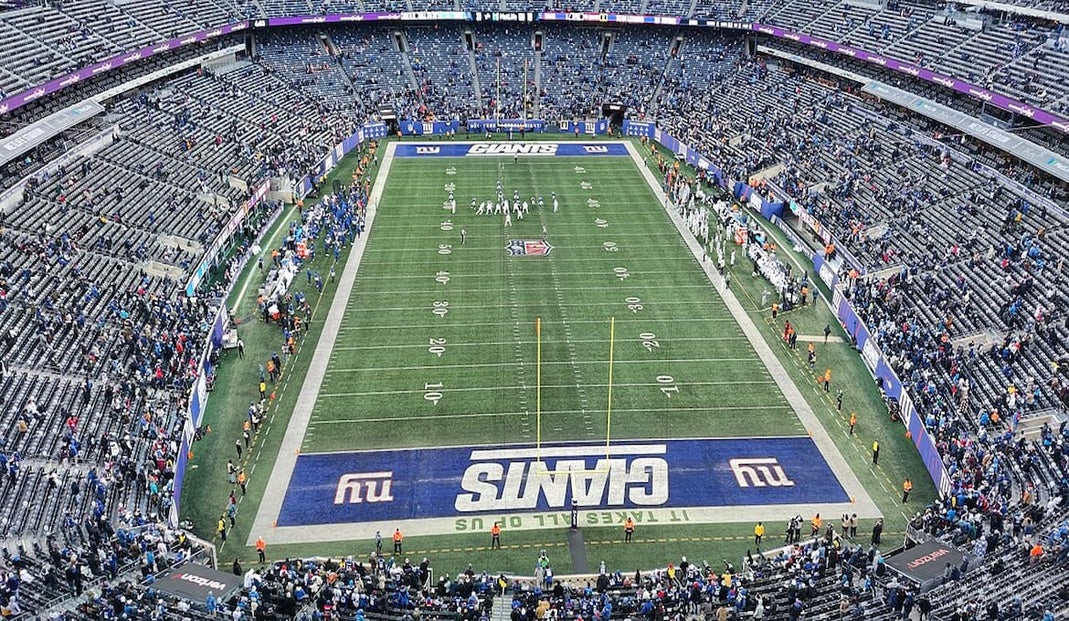The CFTC Isn’t Ready
On Wednesday, the Commodity Futures Trading Commission (CFTC) saw a commissioner, Kristin Johnson, leave her position. As she exited, she issued a dire warning over the lack of clear regulations and guardrails around the quickly expanding prediction market industry.
She believes that if the industry is going to remain legal, it should be treated as cautiously as sports betting.
“Deciding the course for financial markets and financial markets regulation simply requires remembering why we regulate and the catastrophic consequences that may follow if we fail to regulate well,” Johnson told attendees.
The CFTC currently has around 600 full-time employees. Given that the regulator’s duties expand beyond sports prediction markets, many of those employees won’t be available to help. This will make it hard to enforce rules, catch mistakes, and identify problem gambling behaviors.
Banned Bet Types Could Make a Comeback
The US sports betting industry has undergone significant changes since the US Supreme Court overturned PASPA in 2018. One of the biggest came when states began to ban college player prop bets. Many, including NCAA President Charlie Baker, believed the bet type was resulting in an uptick in athlete harassment, leading to many states banning it.
We are now seeing another significant change begin as New Jersey and Ohio push to place bans on micro-betting. This style of betting involves wagering on a specific moment of a game, which makes it far easier for athletes to intentionally affect their outcome.
Since state gaming laws don’t bind sports prediction markets, there is nothing stopping operators from adding these markets in the near future.
States Will Suffer the Most
Since sports prediction markets don’t pay state taxes, they won’t replace the revenue lost from a shrinking sports betting industry. Most states with legal markets haven’t had the additional source of tax revenue for long, but have been planning budgets based on it being there. The revenue is often used to support local school systems, youth programs, or other crucial areas that have struggled to find funding.
With that revenue gone, states will become more reliant on federal funds. Given that President Trump hasn’t been shy about withholding those funds as a negotiation tactic, that will undoubtedly make life harder for state lawmakers.




